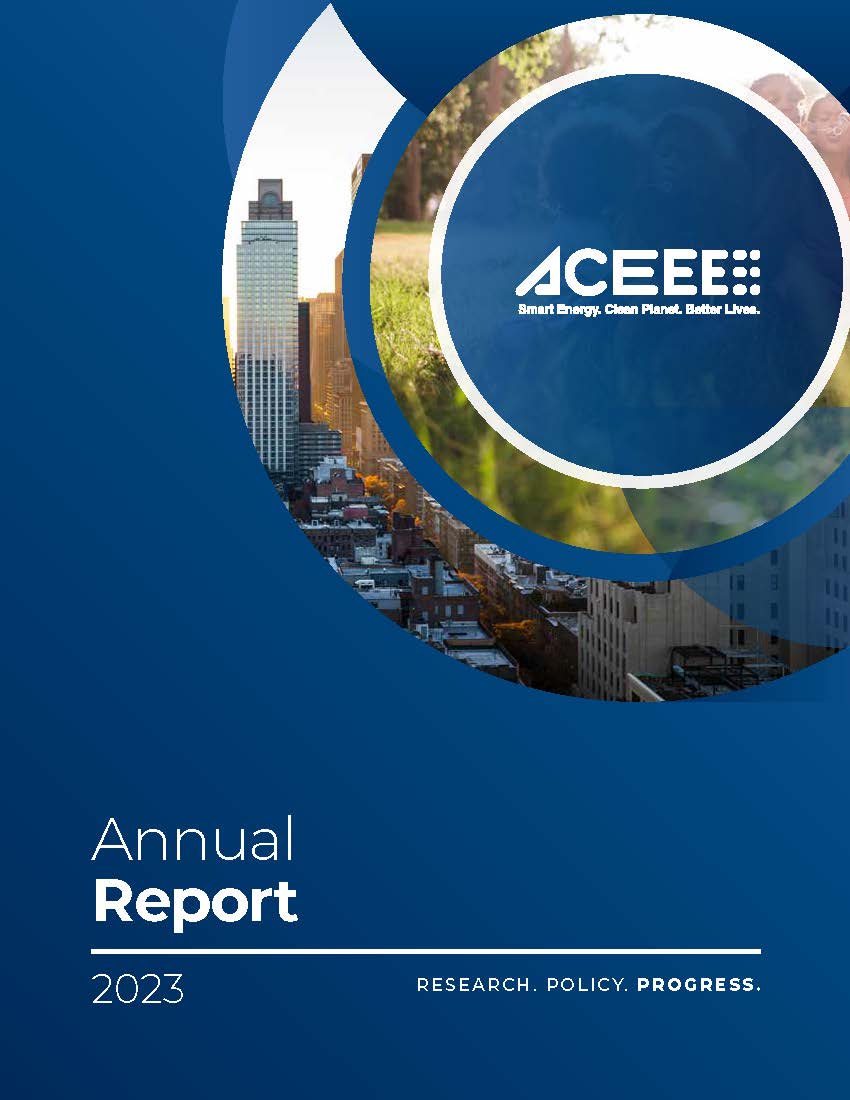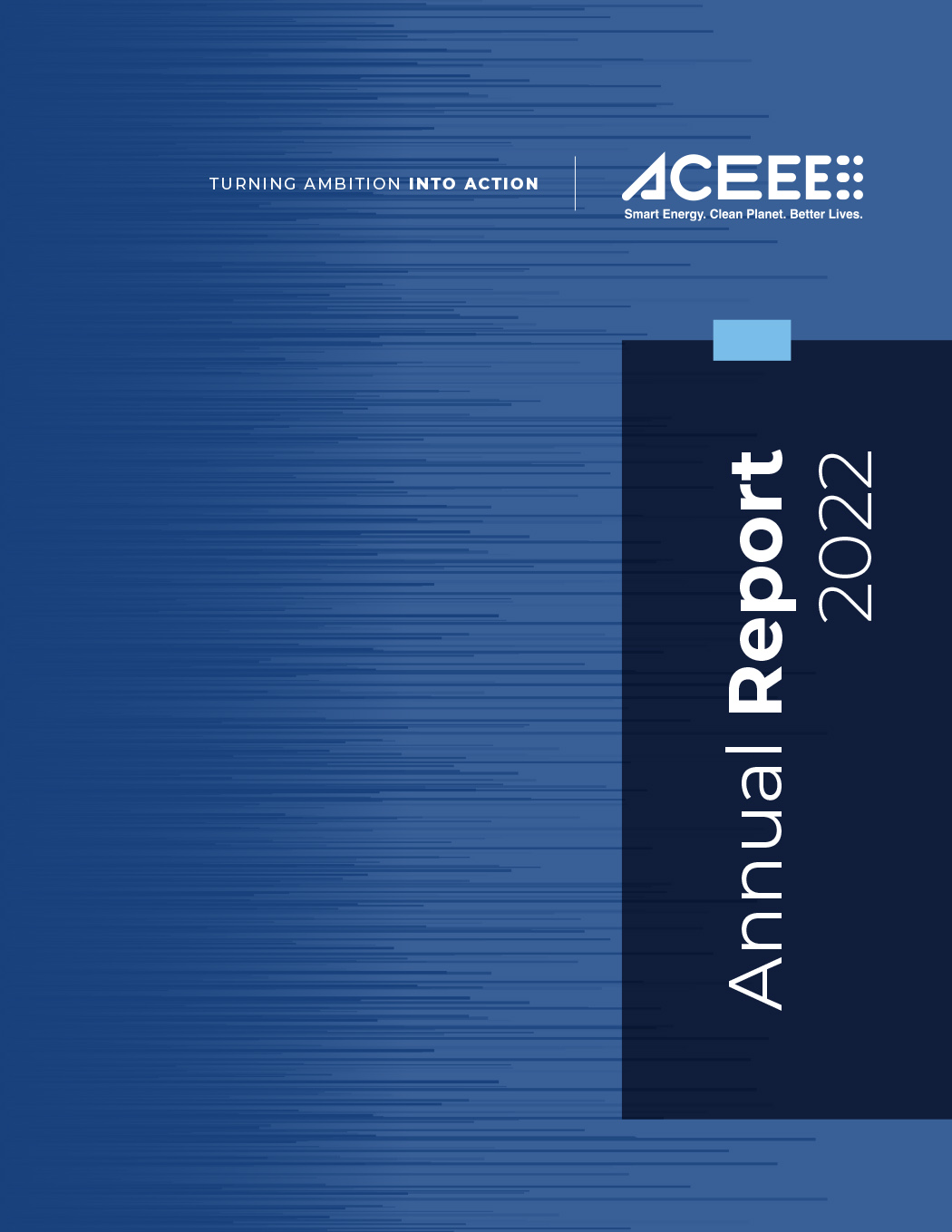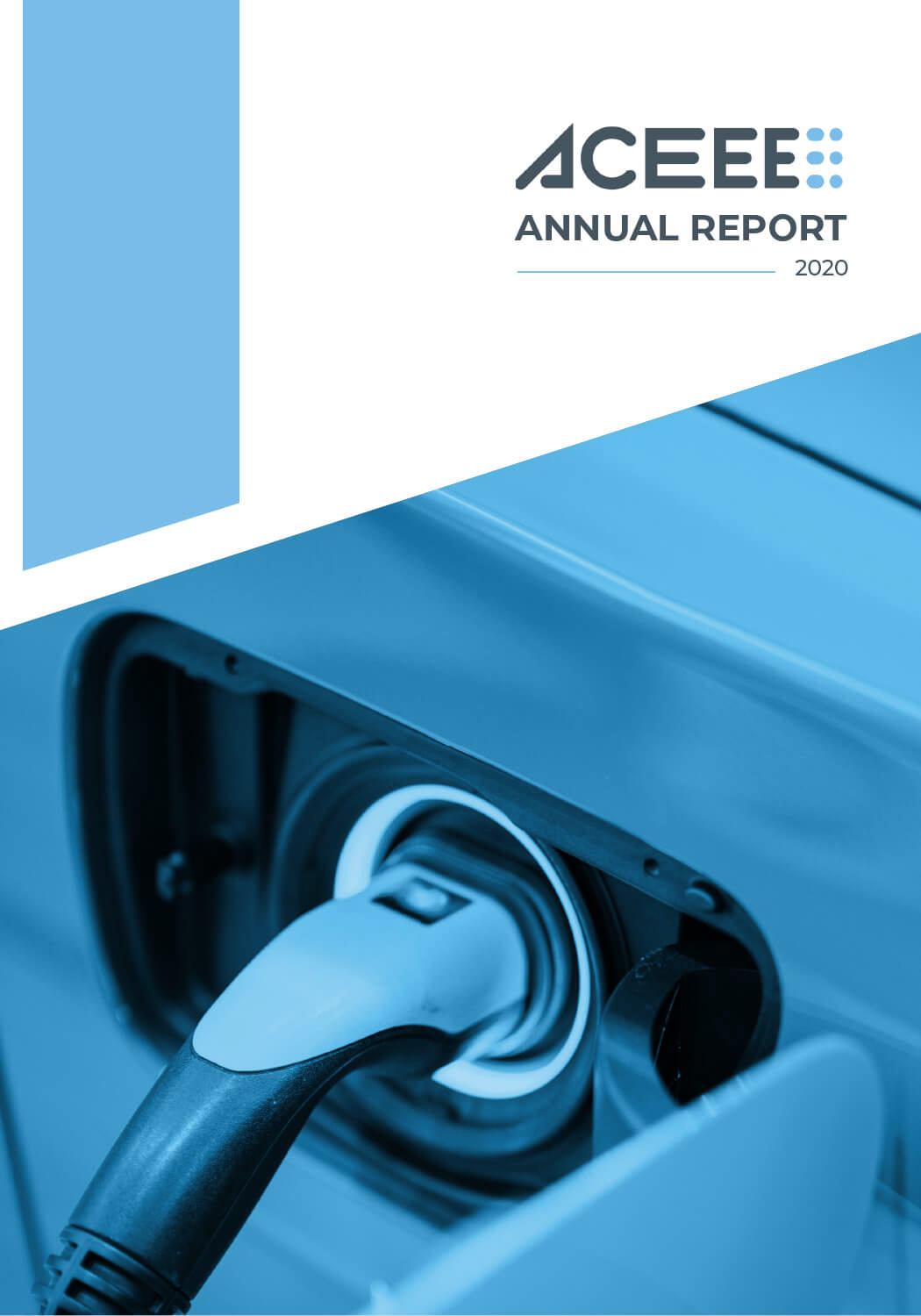Since 1980, ACEEE’s rigorous research and advocacy to advance energy efficiency have helped strengthen the economy, protect the environment, and reduce the burden of high energy bills for American families.
Our experts have helped secure major progress in U.S. energy policy over the decades, from negotiating the first energy-saving standards for common household appliances in the National Appliance Energy Conservation Act—signed by President Reagan in 1987—to shaping the largest-ever federal investments in energy efficiency in 2022’s Inflation Reduction Act.
Our numerous reports and analyses each year inform policymakers, utility regulators, and business leaders about key policy and technology innovations. Since 2007, our GreenerCars rankings have helped consumers find the most environmentally friendly cars on the market. Our scorecards assessing efficiency policies and initiatives by states, cities, and utilities create friendly competition and drive vital action.
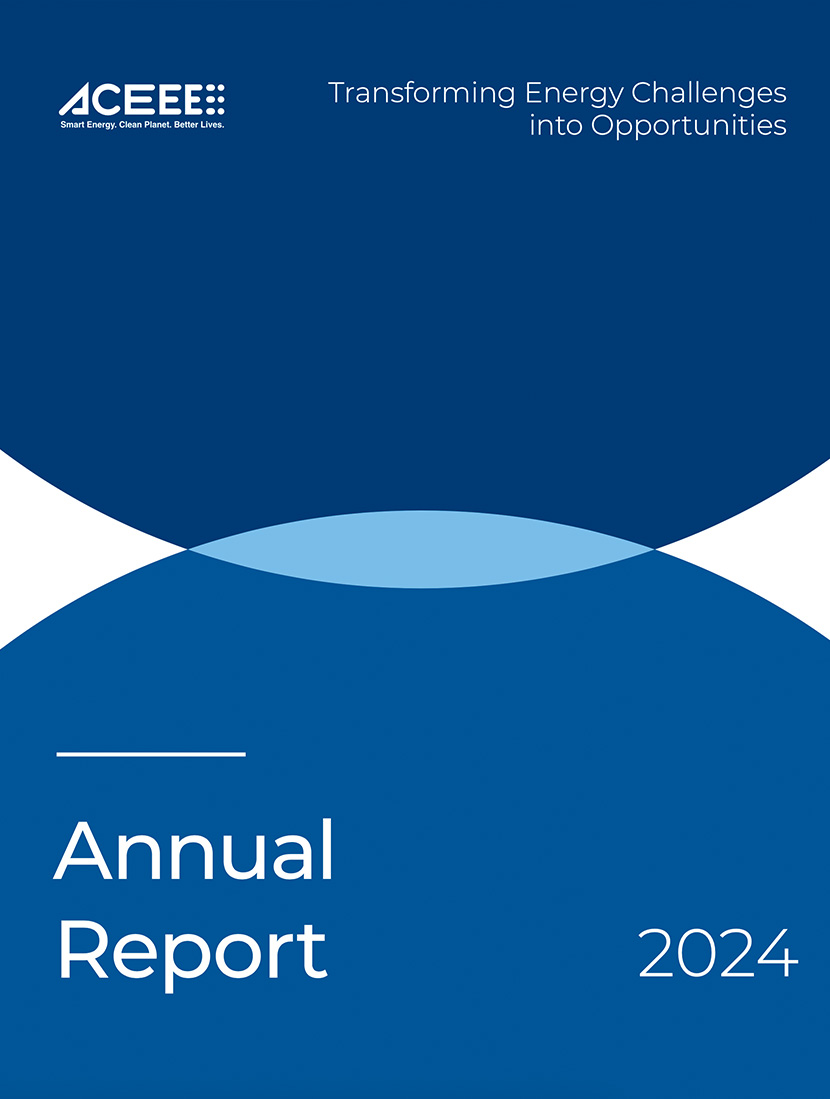 | Check out our latest annual report to learn about ACEEE’s impacts as we help build a more sustainable and just future. |
Our Initiatives
Energy efficiency is one of the most practical, cost-effective tools to meet today’s rising electricity demand while maintaining affordability, reducing emissions, and improving resilience. ACEEE’s research and advocacy shape policies that will have lasting benefits for households, businesses, and communities.
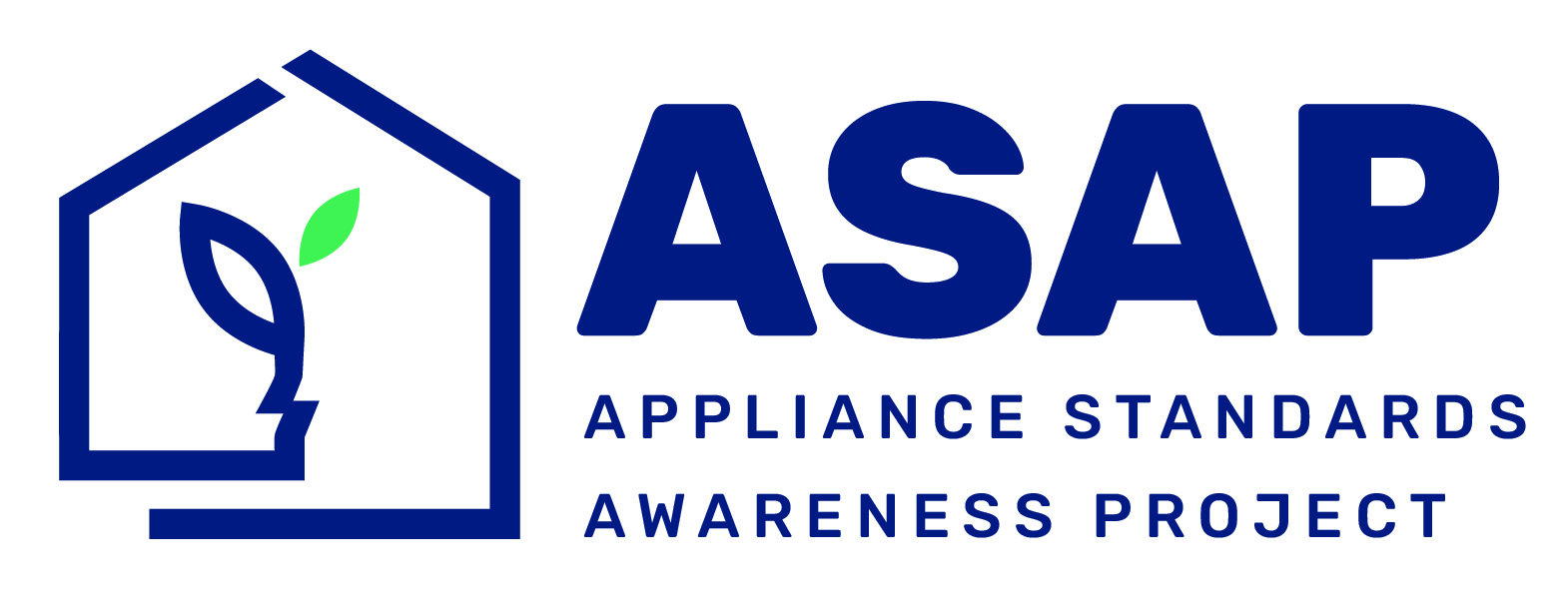
With the Appliance Standards Awareness Project, which is housed at ACEEE, we champion robust efficiency standards for appliances. Standards for new water heaters, for example, updated in April 2024, will save many households about $170 each year on utility bills and avert 332 million metric tons of carbon dioxide emissions over three decades of sales, according to the U.S. Department of Energy.
Our campaign for strengthened emissions standards for cars and trucks contributed to the U.S. Environmental Protection Agency releasing historically strong standards in 2024.
 We collaborate with local governments and community-based organizations to ensure people of all income levels benefit from clean energy. Residential Retrofits for Energy Equity, a major nationwide initiative we launched with partners, is helping jumpstart energy upgrades for affordable housing.
We collaborate with local governments and community-based organizations to ensure people of all income levels benefit from clean energy. Residential Retrofits for Energy Equity, a major nationwide initiative we launched with partners, is helping jumpstart energy upgrades for affordable housing.
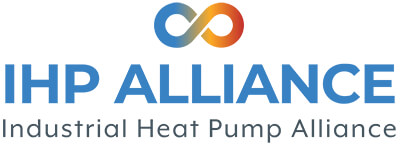 We launched a collaborative effort to help industries adopt industrial heat pumps, a vital yet underused technology. The Industrial Heat Pump Alliance convenes heat pump suppliers, end users, and other decision-makers to accelerate the transformation of the domestic industrial heat pump market.
We launched a collaborative effort to help industries adopt industrial heat pumps, a vital yet underused technology. The Industrial Heat Pump Alliance convenes heat pump suppliers, end users, and other decision-makers to accelerate the transformation of the domestic industrial heat pump market.
 In May 2024, ACEEE and partners launched the National Energy Codes Collaborative, a nationwide network empowering states and jurisdictions to implement updated building energy codes.
In May 2024, ACEEE and partners launched the National Energy Codes Collaborative, a nationwide network empowering states and jurisdictions to implement updated building energy codes.
ACEEE in the newsA few of our favorite media highlights from the past month: |
|
| Through energy efficiency, the United States can halve domestic energy use and associated greenhouse gas emissions by 2050. This ambition, vital to preventing the worst effects of climate change, will not be realized without bold mobilization of efficient technologies and strategies. ACEEE is committed to meeting this urgent challenge. Our Call to Action lays out our vision for tackling climate change and the milestones we aim to reach by 2030. |
"ACEEE is needed more than ever on our carbon-challenged planet, so let’s do everything we can to make its next 40 years even more productive.” —Dan Reicher, executive director of Stanford University’s Steyer-Taylor Center for Energy Policy and Finance | “ACEEE has played an indispensable role in tracking [efficiency] progress, pointing to challenges and opportunities and keeping our eye on the prize: getting the biggest bang out of every dollar spent on energy.” —Susan Tierney, senior advisor, Analysis Group |
Where we've been
-
2010–2019
- Helped set new U.S. product efficiency standards, which will avoid three billion metric tons of carbon dioxide emissions by 2030 and save hundreds of billions of dollars.
- Led efforts to hike heavy-duty vehicle fuel economy standards, which will reduce average fuel consumption and greenhouse gas emissions of new trucks and buses by 37% from 2010 levels.
-
2000–2009
- Led efforts to establish CAFE provisions (2007) and heavy-duty fuel economy standards, spurring an increase in the average new car’s fuel economy from 20.6 miles per gallon in 2007 to 24.9 mpg in 2017, to a projected 36.0 mpg in 2025.
- Led efforts to expand appliance standards to 23 additional products, including light bulbs, through 2005 and 2007 U.S. legislation.
-
1990–1999
- Helped launch the voluntary ENERGY STAR® program, which helps consumers find energy-efficient products and improves the efficiency of buildings and homes.
- Led efforts to include lamp, motor, and HVAC standards in the Energy Policy Act of 1992, which will achieve cumulative energy bill savings of $340 billion by 2035.
-
1980–1989
- Led efforts to develop and adopt U.S. energy efficiency appliance standards, which now save a typical household about $500 each year on utility bills.
- Played key role in defending and expanding the Department of Energy’s energy R&D programs.

